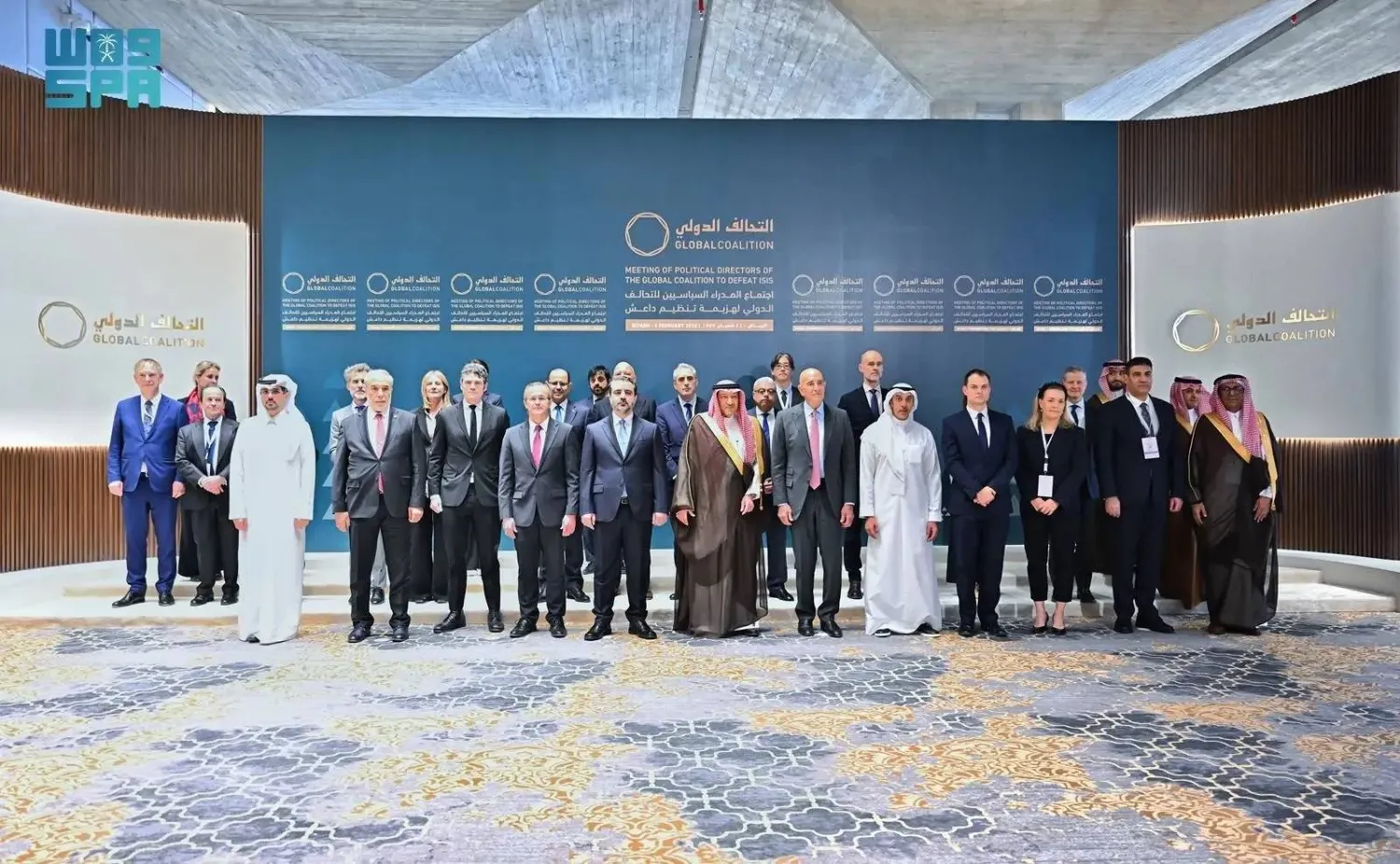Jasem Al-Budaiwi, Secretary-General of the Gulf Cooperation Council, underlined the strength of Gulf-Japanese relations and the keenness of the two sides to strengthen the strategic dialogue and move forward to achieve common interests in various fields. This came ahead of a joint meeting of the foreign ministers of the Gulf States and their Japanese counterpart on Thursday.
Al-Budaiwi said that Riyadh would host on Thursday the regular meeting of the GCC foreign ministers, in addition to another joint meeting with their Japanese counterpart.
According to the GCC secretary-general, the 157th session of the Ministerial Council of the Arab Gulf States will be held at the level of foreign ministers, chaired by the Omani foreign minister, who heads of the current session of the council.
The joint Gulf-Japanese meeting will also be attended by Japanese Foreign Minister Yoshimasa Hayashi.
Al-Budaiwi emphasized the strength of Gulf-Japanese relations, and the keenness of both sides to strengthen the strategic dialogue and their endeavor to move forward to build strong and close ties aimed at serving their common interests, based on the memorandum of understanding for the strategic dialogue signed between the two parties in January 2012.
The meeting with the Japanese minister is expected to discuss the free trade agreement and technical cooperation in next-generation energy sources, according to the Japanese Kyodo News. The agency did not rule out that the Iranian nuclear file would also be on the discussion table.
Japan and the GCC countries announced the resumption of talks on a free trade agreement, during a Gulf tour conducted by Japanese Prime Minister Fumio Kishida in July.
Japan imports around 90 percent of its crude oil needs from the Middle East, and hopes to enhance the resource shortage through strategic partnerships with the oil and gas-rich Arab Gulf states.
Fumio Kishida said that Saudi Arabia was an important partner for his country in energy security, indicating that his visit last July aimed to strengthen strategic relations with the Kingdom.
According to Al-Budaiwi, Japan ranked fourth in terms of Gulf countries’ exports, with a value of $76.7 billion, and also fourth in Gulf countries’ imports, valued at $22 billion.









